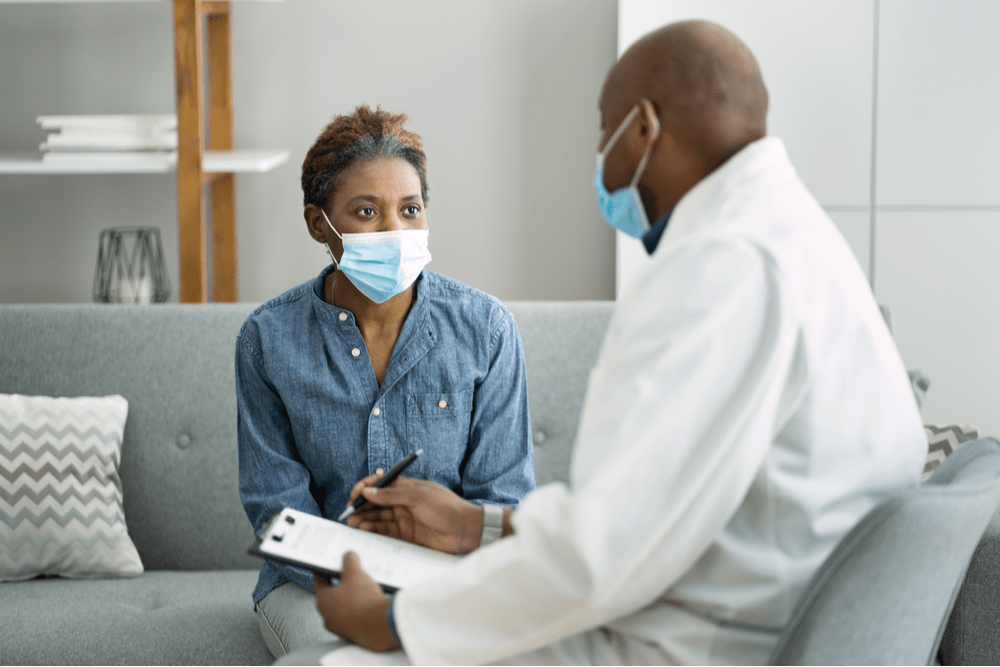Recovery offers a beautiful opportunity to view each day for all of the potentials it holds.
And yet. Sober individuals live the same ol’ adulting life as the rest of the world:
- We have to work and keep a job.
- Have to prioritize relationships.
- We must take care of your body.
And it’s that last one we want to focus on. After all, when a person in recovery endures chronic pain, gets injured or needs surgery, they may receive a prescription for opioids—a highly addictive substance.
What’s a well-meaning patient to do if they hope to both continue in sobriety and also properly manage pain?
We’ve got you covered.
Today we’re going to talk about what it looks like for a person in recovery from other addictions to become addicted to opioids. We’ll also offer practical tips for discussing your concerns with your doctor and how to make a plan for moving forward.
Dax Shepard Opens Up About Opioid Addiction Following Surgery
You may recognize Dax as the guy who played Crosby in Parenthood. He also hosts the podcast Armchair Expert, where every listener knows about his history with addiction to alcohol and cocaine.
After 16 years of sobriety, Dax shares that he recently overcame an addiction to opioids.
Dax explains that two motorcycle accidents and subsequent surgeries made opioids readily available to him. And despite beginning with a regimented plan that included his wife, Kristin Bell, taking charge of handing out doses, Dax found a way to obtain his own additional medication and ramp up his use.
You can listen to him share his story with vulnerability and courage here.
Of course, he’s not alone. One in four patients with an opioid prescription to manage chronic pain end up misusing the pills. And past alcohol or drug addiction indicates an even higher risk of developing an opioid addiction after surgery.
How to Discuss Opioid Addiction Concerns with Your Doctor
If you or a loved one have a history of drug or alcohol misuse, it’s important to share this information with your doctor before a prescription is written in order to prevent opioid abuse.
We know this can be a touchy subject, so we want to suggest two different approaches for beginning the conversation. You might try one of the following:
- Request buy-in: I have something personal I’d like to discuss with you. Can I count on your discretion?
- Set clear boundaries: I’m concerned about taking opioids. I’d rather not explain why, but I do have some questions.
More likely than not, your doctor will be happy to answer your questions. Among others, be sure to ask:
- Are opioids necessary to manage my pain?
- If so, can you tell me the numbers of pills recommended by John Hopkins for my situation? Is it possible for you to prescribe me half of the suggested amount, with the option for me to schedule a follow-up visit to request more as needed?
- If opioids aren’t necessary—and this is preferable to me—what alternatives can you offer in order for me to manage my pain?
As Dr. Richard Barth, researcher and chief of general surgery at Dartmouth-Hitchcock Medical Center, tells his patients, “It’s okay to have a little discomfort . . . we’re not trying to get to zero pain.”
With this expectation in mind, you can manage your pain in safe and effective ways: take extra-strength Tylenol, practice yoga or meditation, get plenty of rest and manage your stress.
You might also consider connecting with like-minded individuals in our Rooted Alumni Program to gather practical advice and ideas for managing pain without opioids.
It can feel vulnerable to bring up your addiction to your doctor, but they are there to help you weigh your options. If you or someone you love are currently struggling with opioids, The Right Step Houston can help. Call us at 844.768.0169
By Stephanie Thomas
Contributing Writer with Promises Behavioral Health

